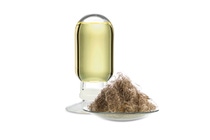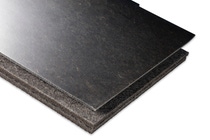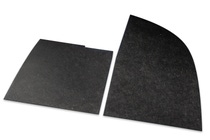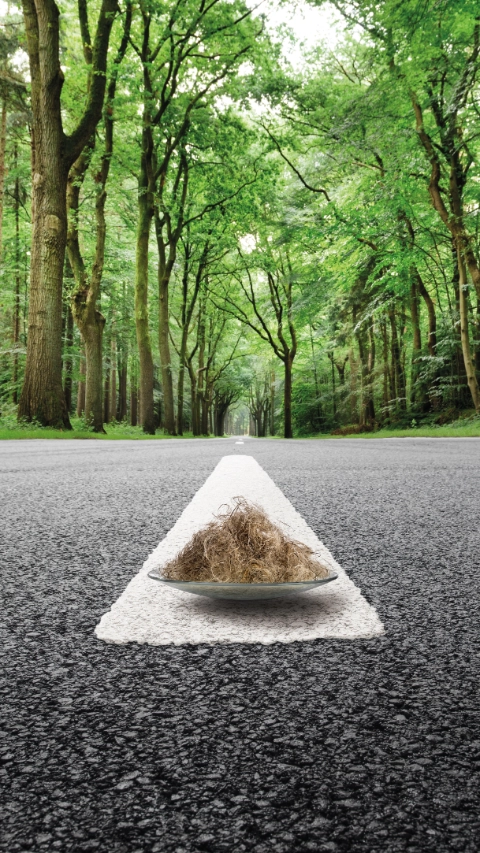Dispersions & Resins
Acrodur® for natural fibers in automotive
Performance meets sustainability
Acrodur® stands for
- Water-based binder; no added formaldehyde; low in VOC
- Suitable for a wide range of natural fibers, such as hemp, kenaf, wood
- Enabling light-weight solutions
- Possessing superior thermo-mechanical stability
- Applicable for thermoset and thermoplastic processes
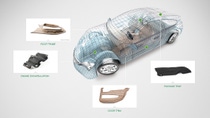
Sustainable Composites for the Automotive Industry
Resource efficiency and eco-friendliness are becoming decisive factors in the automotive industry, which is why we developed tailor-made solutions that can support the automotive industry in becoming more sustainable.
Enabling a stable Multi-Material-Design in DLR`s „Next Generation Car“
Energy-efficiency, eco-friendliness, road safety: The DLR project „Next Generation Car“ addresses the automotive industry´s future challenges in terms of reduced environmental impact and improved safety and comfort. The new concept car consists of a light-weight, multi-material body structure with functional integration that combines conventional metal parts with high-performance natural fibers.
A central safety-relevant part of DLR´s NGC is made of renewable light-weight components: the interior floor consists of Acrodur®-treated natural fibers that protect the body against mechanical deformation. In that way, BASF supported the engineers in designing stable, tailor-made and extremely light components without compromising on performance criteria. The result: a highly-efficient light-weight car body that meets high safety standards, saves resources and fulfills stringent CO2 emission regulations.
DLR and its "Next Generation Car" at a glance
- The German Aerospace Center (DLR) is the national aeronautics and space research center of the Federal Republic of Germany
- With its transport program, the DLR is the second-largest institutionally funded transport research body in Europe
- The DLR project "Next Generation Car (NGC)" aims to drive forward the development of quiet, low-emission road vehicles with a high degree of automation and a long-range.
Shaping future mobility together: DLR, BNP Brinkmann and BASF.
Lightweight technology plays a key role in automotive design, especially when it comes to e-mobility: only a subtle balance between net weight and power preserves the driving pleasure and reduces the energy consumption and, consequently, CO2 emissions. To create safe and sustainable components that reduce the weight of electric-driven vehicles, three future-driven players joined forces: BASF delivered Acrodur® for natural fibers and produced, together with BNP Brinkman, a tailor-made and extremely stable lightweight interior floor for one of DLR`s „Next Generation Cars“. This concept car combines latest automotive light-weight design approaches with innovative renewable materials and will shape tomorrow´s mobility.
From binder to floor mat:
